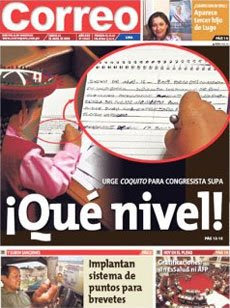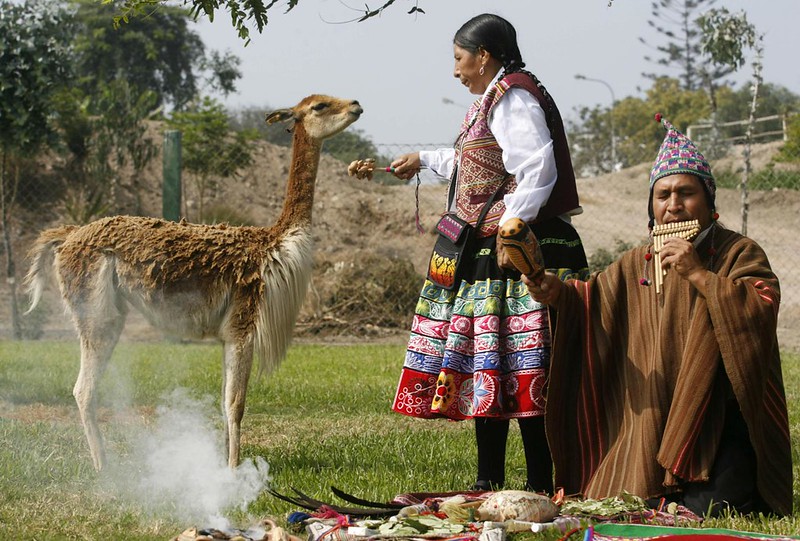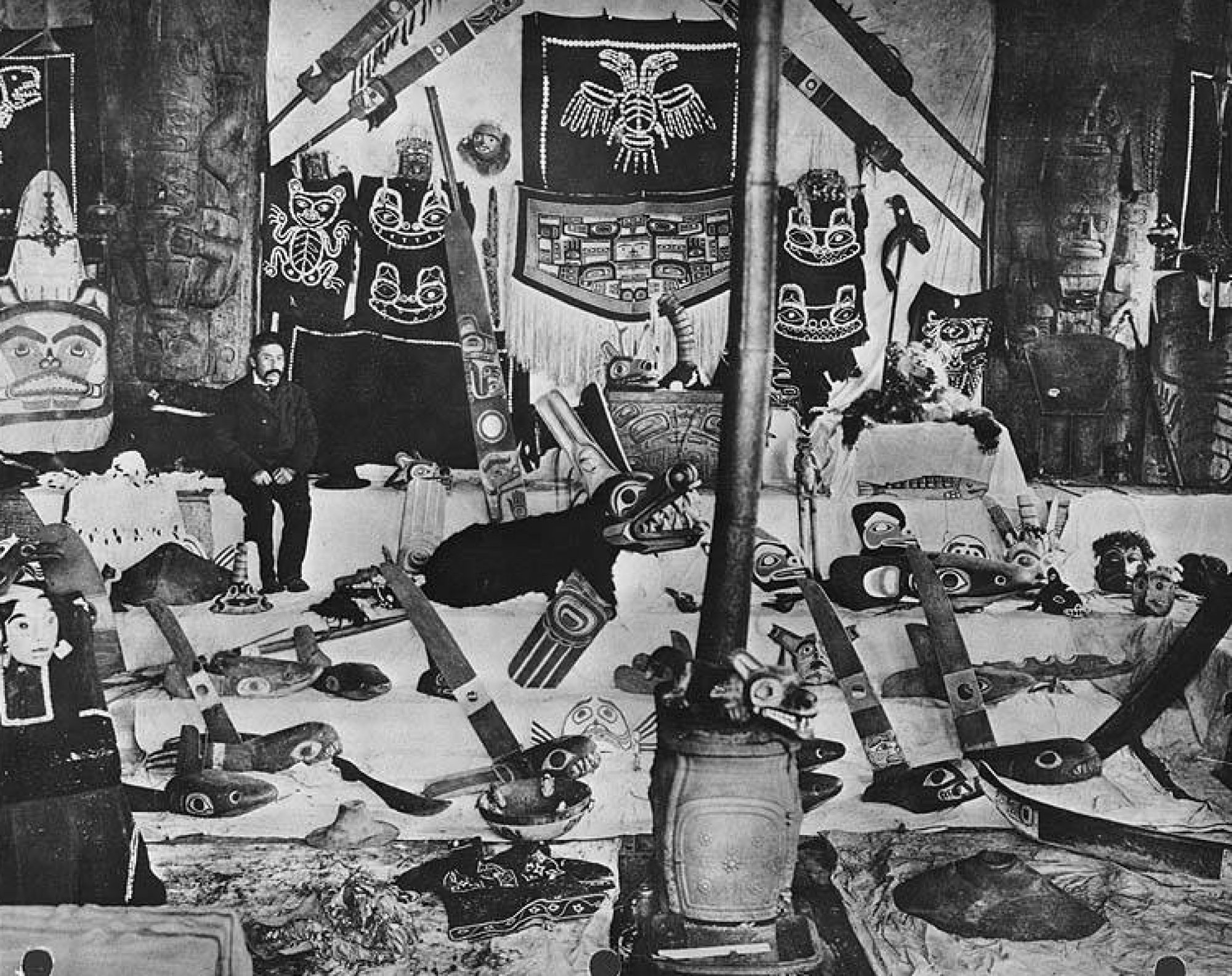Biographical Timeline | Leadership Qualities | Lakota Education | References
Brave

Hilaria Supa boldly perseveres in her activism despite the constant criticism and barriers she has faced, truly embodying bravery. While she experienced violence, racism, and sexism, she confronted these and rose above the challenges to international prominence. In the late 1990s she protested the forced sterilization of Indigenous women. Government officials, including President Alberto Fujimori and local Health Ministry doctors either denied that it occurred or argued it was beneficial for the “family planning” of Indigenous families. Even other Indigenous leaders criticized Supa’s role in opposing this crime. Hilaria Supa showed resilience in the face of these protests, struggling for months so those affected could get the compensation they deserved. In 2006 she was elected to the Peruvian Congress. As a result, she received many negative comments, specifically ones directed towards her lack of formal education and her L2 Spanish abilities. However, she responded diligently, describing the experience of her youth and early adulthood and its impact on her education and opposing the racist tone in these criticisms. Additionally, she took her oath in Quechua, which grew the anti-Indigenous sentiments that came with her election. Congresswoman Martha Hildebrandt criticized Supa saying that Spanish should be the only language used in Congress. Further verbal and visual harassment, such as racist depictions of Indigenous peoples, reached a national audience on television. We choose this quality because Hilaria Supa bravely faced a racist and sexist society, surmounting every challenge to articulate the rights and desires of the Indigenous peoples of Peru.
Strong-willed

Hilaria Supa exemplifies a strong-willed leader. From her earliest activism, she never took no for an answer. Despite living in a patriarchal and racist society, she fought to give the peasant and Indigenous women of Anta province a voice, creating and leading movements and organizations such as the Federation of Peasant Women of Anta (FEMCA) to defend their common interests. She understood where colonial modes of relations were harmful and criticized the prevailing culture that contributed to alcoholism, malnutrition, domestic abuse, and financial instability. She also pushed for a return to traditional knowledge in a society that outright rejected Indigenous foods, medicines, and farming techniques. Furthermore, Hilaria Supa’s strong will enabled her to push through her disabilities to benefit the society that surrounded her. She has suffered from arthritis since her early life but that didn’t stop her activism. In her memoir, Supa recalled travelling on horseback to remote villages, sleeping in the cold, and relying on local charity in order to spread her messages of women’s rights, peasant’s rights, and Indigenous rights. Hilaria Supa’s strong-willed nature ties in directly with her bravery, as both enabled her to face the challenges of an oppressive system and work for a more free and equal society.
Empathetic
Hilaria Supa has taken on an active role in an attempt to restore justice to the indigenous peoples of Peru. Hilaria’s mission is based on empathy and her fight for the indigenous people was fueled by personal experience. With her political platform she continues to shine the spotlight on the neglected and marginalized Native communities. Hilaria empathizes with the people she fights for because she, too, had grown up with a background of poverty, Spanish as a second language, and no formal education. Also having experienced sexual assault from her husband, Hilaria felt compelled to take on more roles for Indigenous women’s organizations and to educate Peruvian women, Quechua or not, on abuse and domestic violence. When Hilaria urged the Peruvian government and the UN to stop the encroachment of Indigenous lands, promoted education for indigenous people, and exposed the illegal sterilization of Indigenous men and women, it showed her desire for equality for the peasants and Indigenous peoples. When Hilaria learned of the racist sterilization practices, she lobbied for women to be compensated. She assisted these women in their battle against the corrupt dictatorship of Alberto Fujimori because she knew what it was like to be seen as a second-class citizen. We know that empathy fuels connection, it allows us to experience the emotions of others on their level and to be able to feel their feelings with them, and that is exactly what Hilaria did when she met with the peoples she fought for and listened to their concerns.
